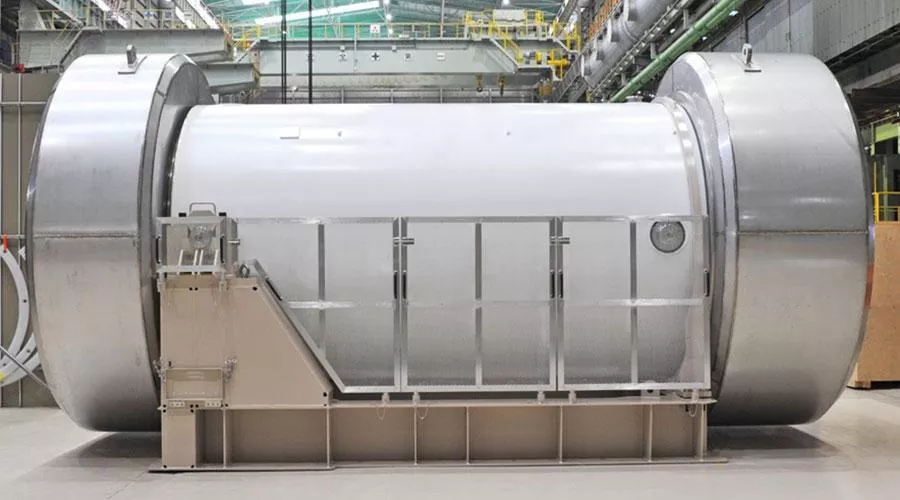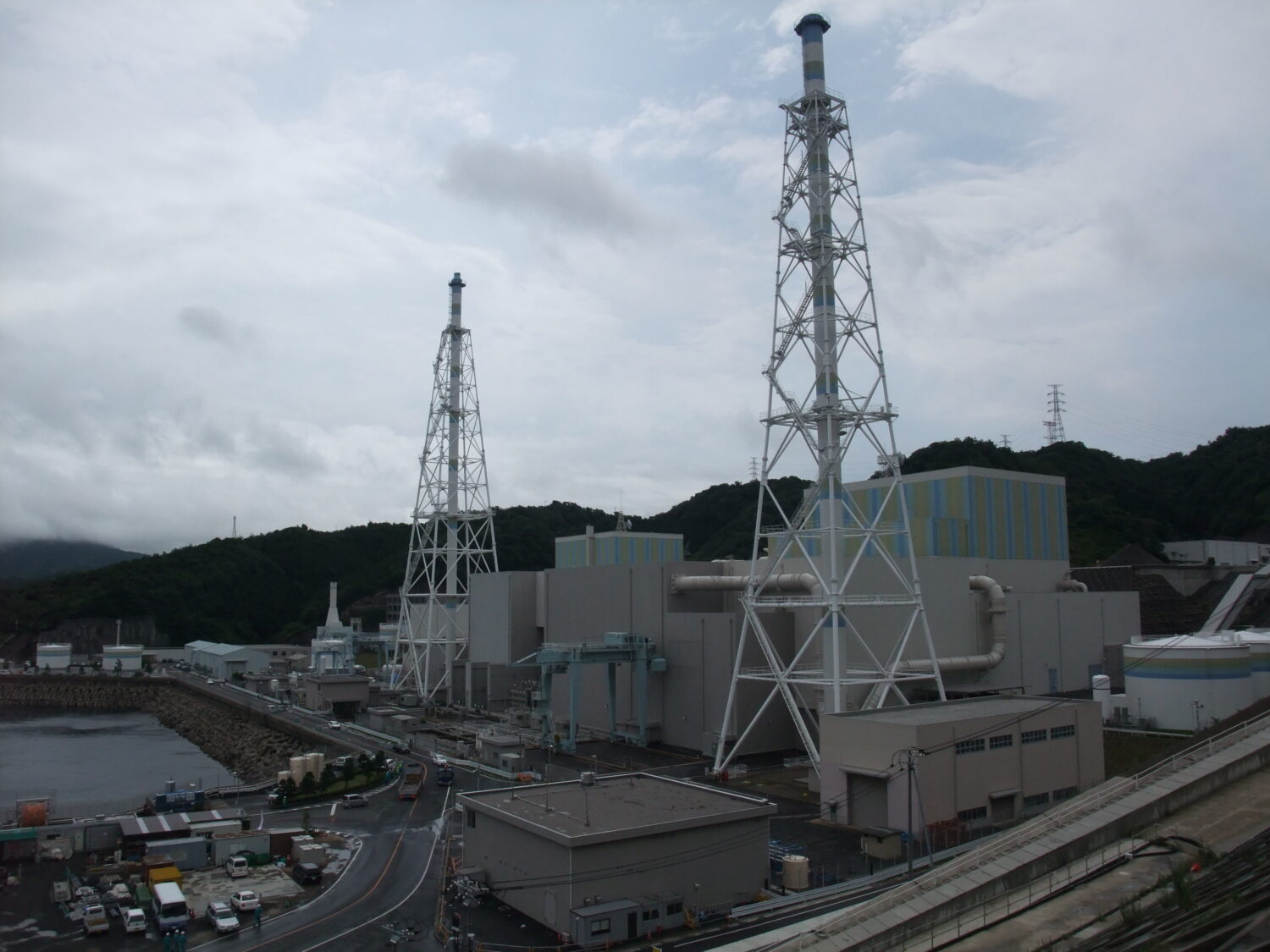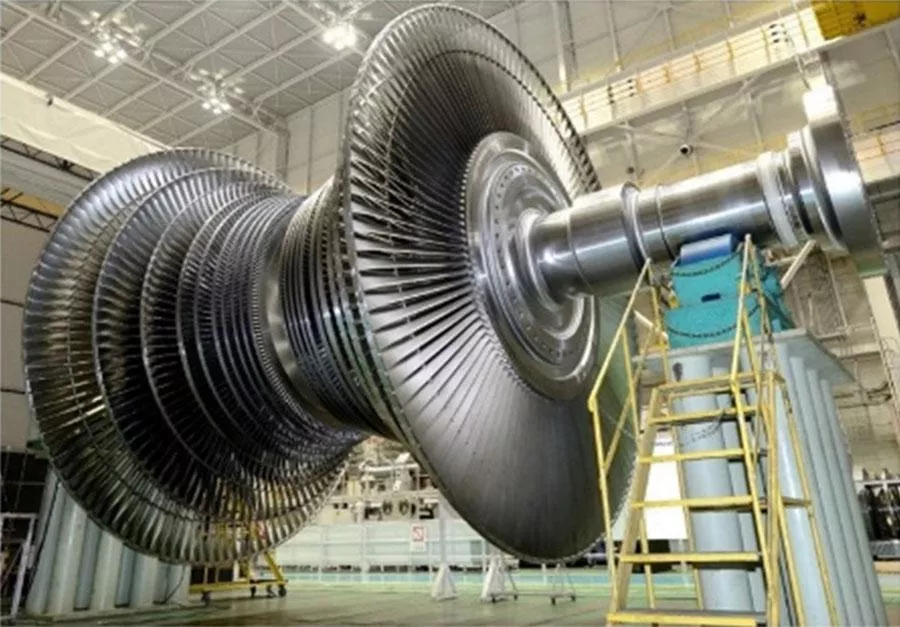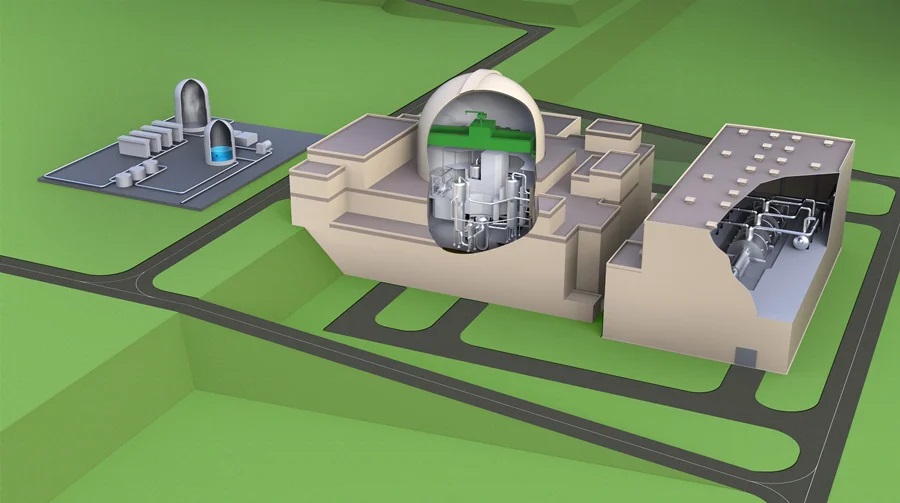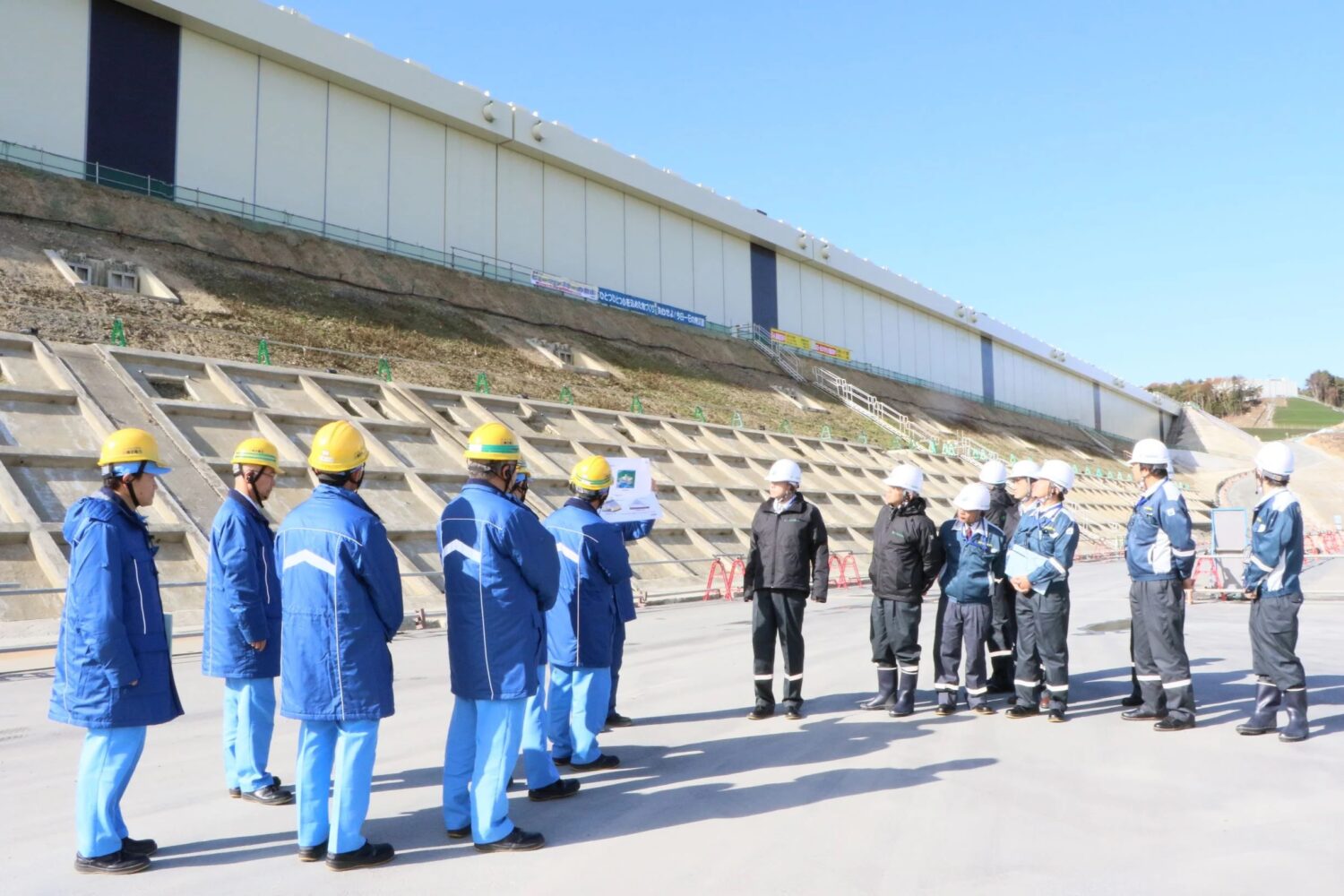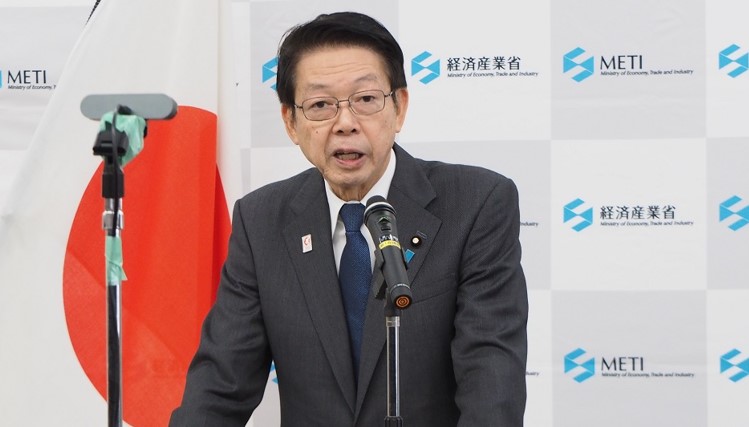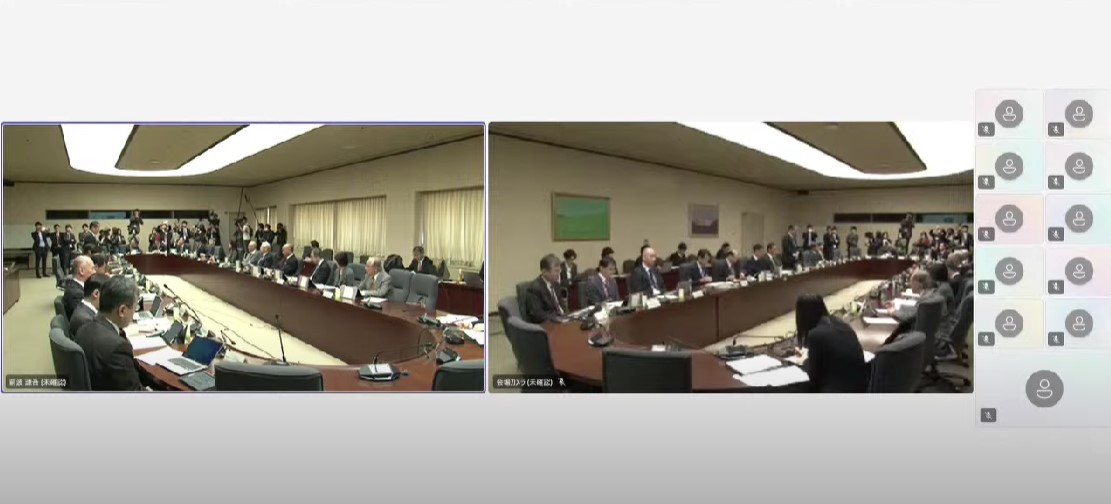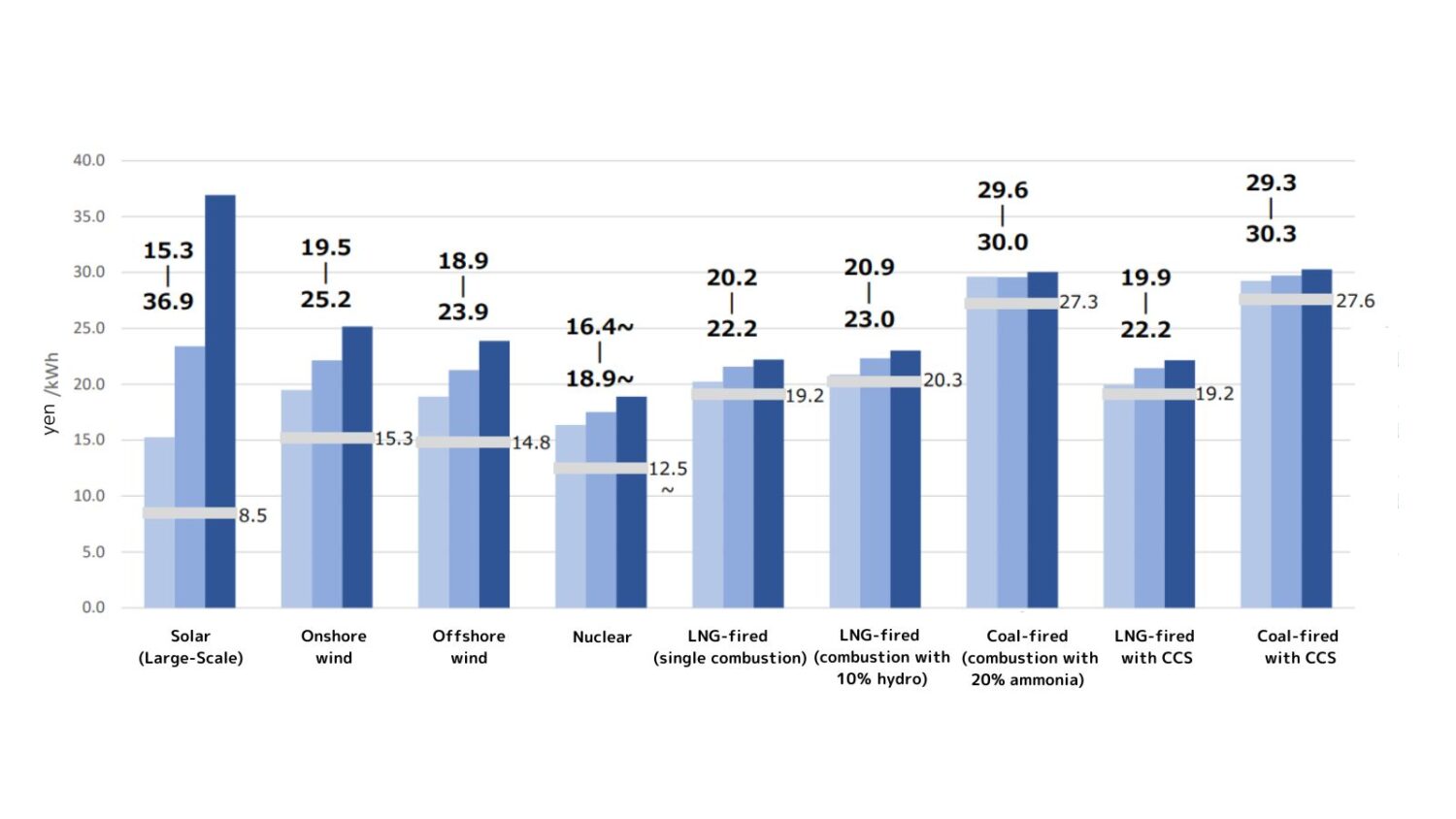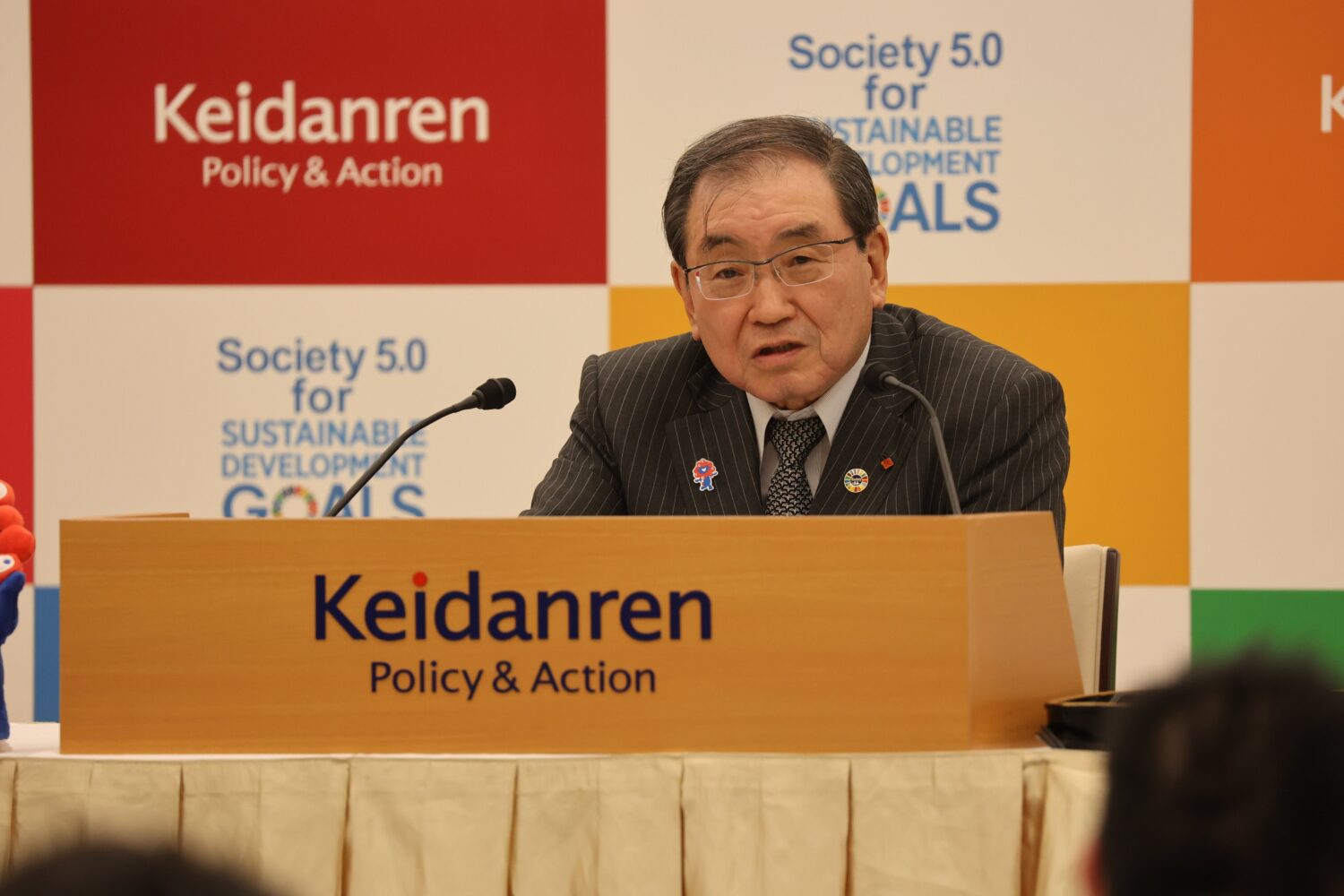The council engages in voluntary activities to enhance understanding on nuclear power, primarily in Fukui Prefecture, home to more NPPs than any other prefecture.
Having fully cooperated with Japan’s energy policy, the council asked the government to reflect the following points in national policy:
- Swiftly reconstructing Fukushima Prefecture, the area most heavily affected by the accident.
- Verifying Japan’s composition of power sources (the so-called “energy mix”).
- Restarting the country’s NPPs as early as possible.
- Giving economic assistance to NPP siting areas, owing to the long period of suspended operations.
- Implementing a fair, prompt examination of the fault zone of crushed rock.
- Adhering to the nuclear fuel cycle policy and promotion of R&D at the fast breeder reactor (FBR) Monju, located in Fukui Prefecture.
- Realizing spent fuel interim storage as early as possible.
- Replacing NPPs slated for decommissioning as early as possible and constructing new, additional ones.
- Completing roads for nuclear emergency preparedness and evacuation.
No NPPs in Fukui Prefecture have been restarted so far since being shut down in March 2011. The council, saying that nuclear power is already a “major industry” in the country, is concerned that regional economies have become exhausted, urging that economic assistance measures be provided as soon as possible.
Additionally, the council argued that Japan needs to maintain its commitment to nuclear fuel cycle policy, from the viewpoint of effective use of uranium resources, the reduction of radioactive waste and the accumulation of technology. It also said that necessary measures would have to be implemented so that R&D can be steadily and safely carried out at Monju with coordination among relevant ministries and agencies.


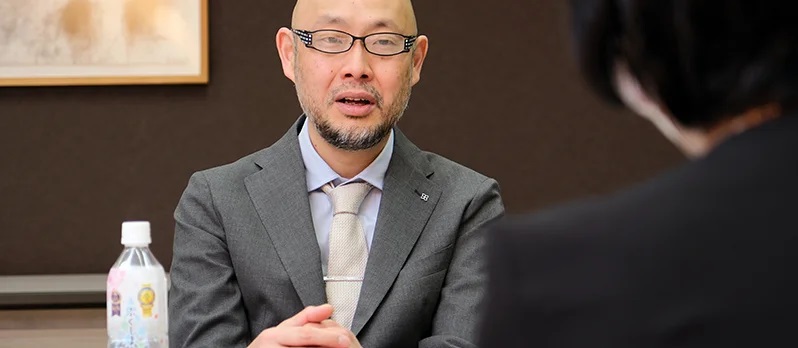
-1.png)

